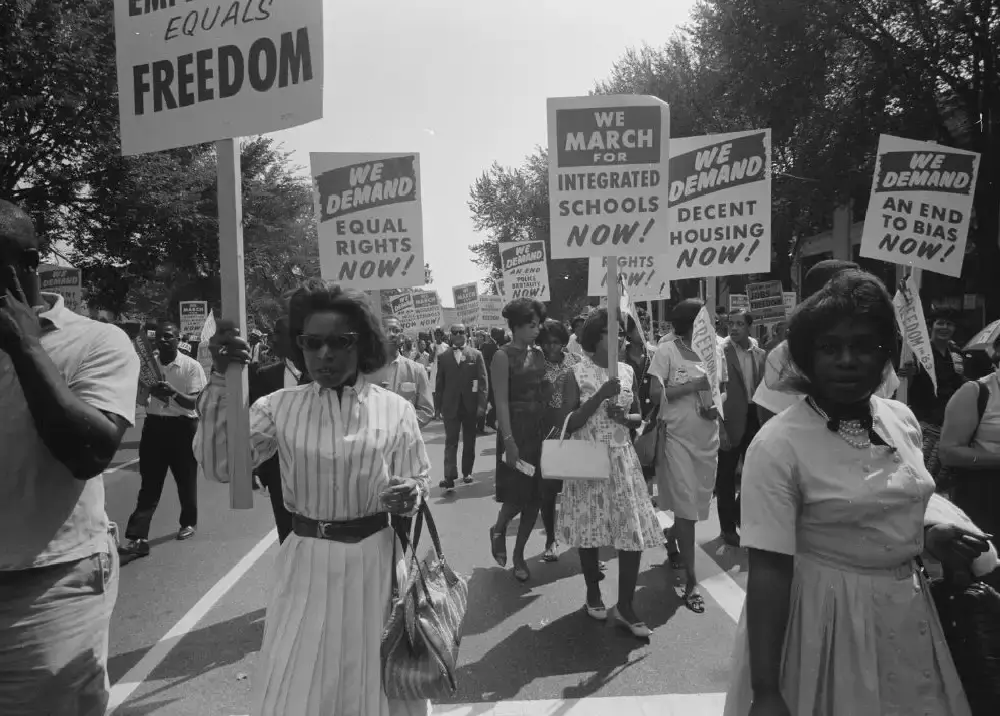The Civil Rights Act of 1866, originally enacted to grant basic civil rights to newly emancipated slaves, has found itself at the epicenter of a legal battle over racial equality in the workplace, pitting conservatives against affirmative action and diversity, equity, and inclusion (DEI) programs. The law has resurfaced as a tool in over a dozen lawsuits, filed mostly in the past three years, alleging reverse discrimination and challenging race-specific programs.
For many conservatives, the 1866 law has become a critical instrument in dismantling race-conscious initiatives, arguing for a colorblind society and claiming that programs meant to enhance economic participation for specific racial and ethnic groups unfairly exclude Whites and, in some cases, Asians. Critics, on the other hand, view these lawsuits as a distortion of the law’s original purpose, emphasizing that it was designed to secure basic rights for former slaves and rectify centuries of discrimination rather than punishing White or Asian individuals.
Despite the existence of affirmative action and DEI programs, people of color continue to be underrepresented in high-level corporate positions, with only a handful of Black CEOs among Fortune 500 companies. Venture capital funding for companies with Black founders remains abysmally low. The ongoing legal battles using the 1866 law echo the nation’s tumultuous civil rights history, with potential ramifications for the future of private-sector affirmative action and DEI programs.
The questions that loom large are: But what alternative exists for affirmative action? If these measures are eliminated, what will be the impact on the Black community, which has not progressed as much as it should have, even with affirmative action in place?
The current lawsuits citing the 1866 Civil Rights Act, in addition to those referencing the 1964 Civil Rights Act, have a strong likelihood of eradicating race-conscious initiatives in the private sector, according to legal scholars. This strategy, pioneered by groups like America First Legal, echoes the methods employed by the NAACP Legal Defense Fund during the civil rights movement. It seeks to achieve a conservative agenda by deploying legal tools that could reshape the landscape of affirmative action and diversity efforts.
The future of racial equality in the workplace remains uncertain, with differing perspectives on whether a colorblind society will naturally lead to a more equitable one or if the complex history of America casts doubts on such an outcome. As these legal battles intensify, the nation grapples with the prospect of a future without affirmative action and its potential consequences on efforts to rectify historical injustices.











